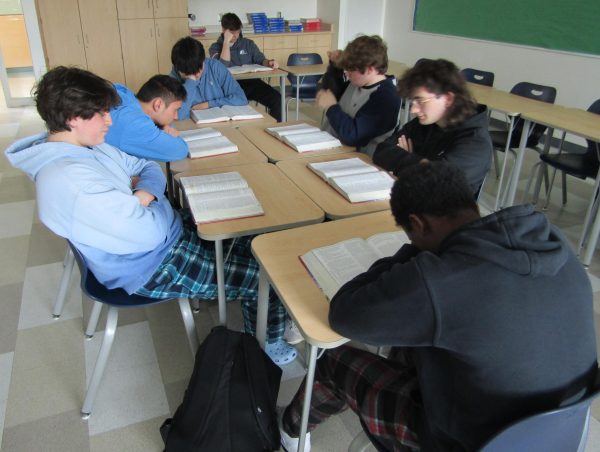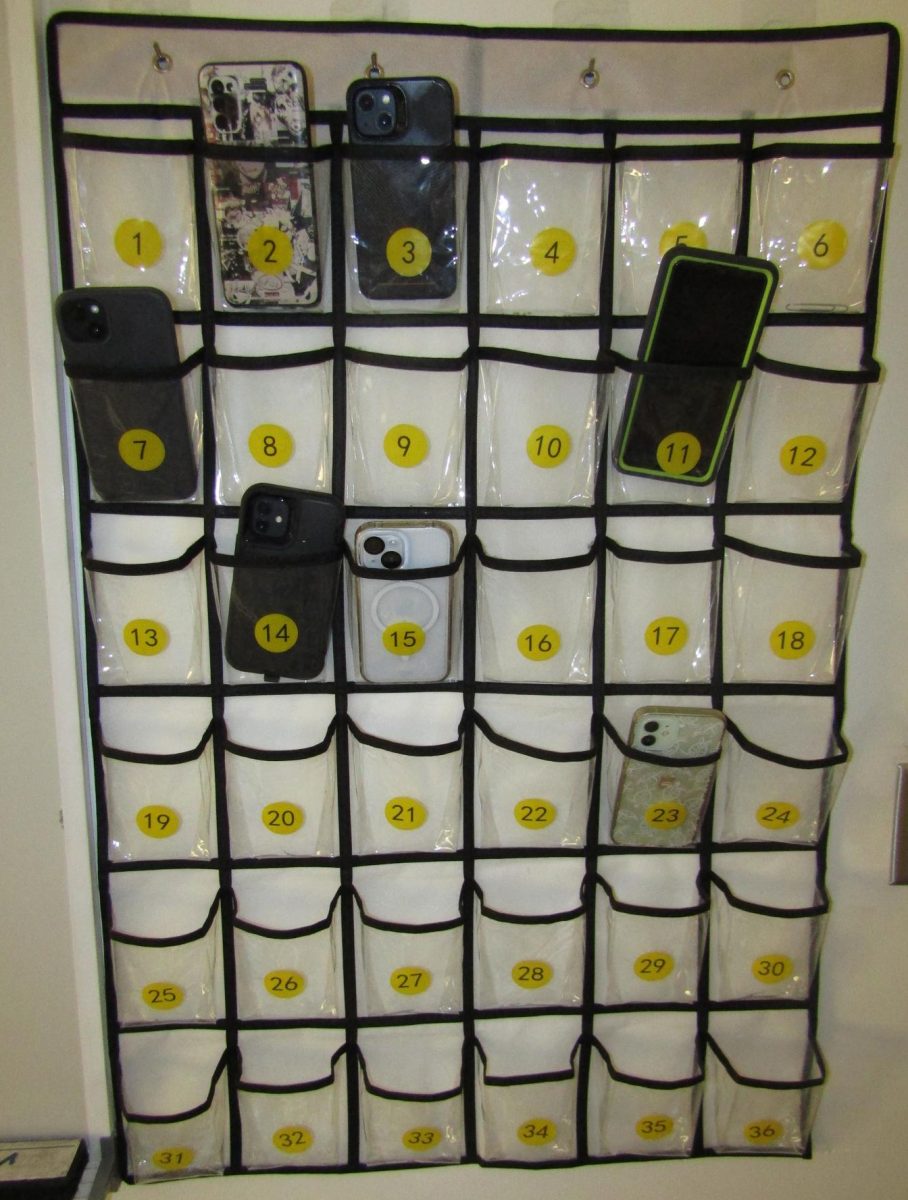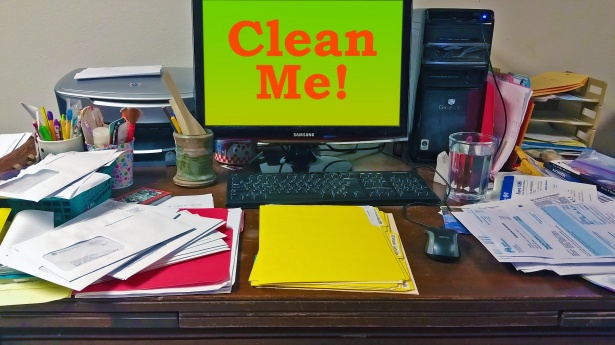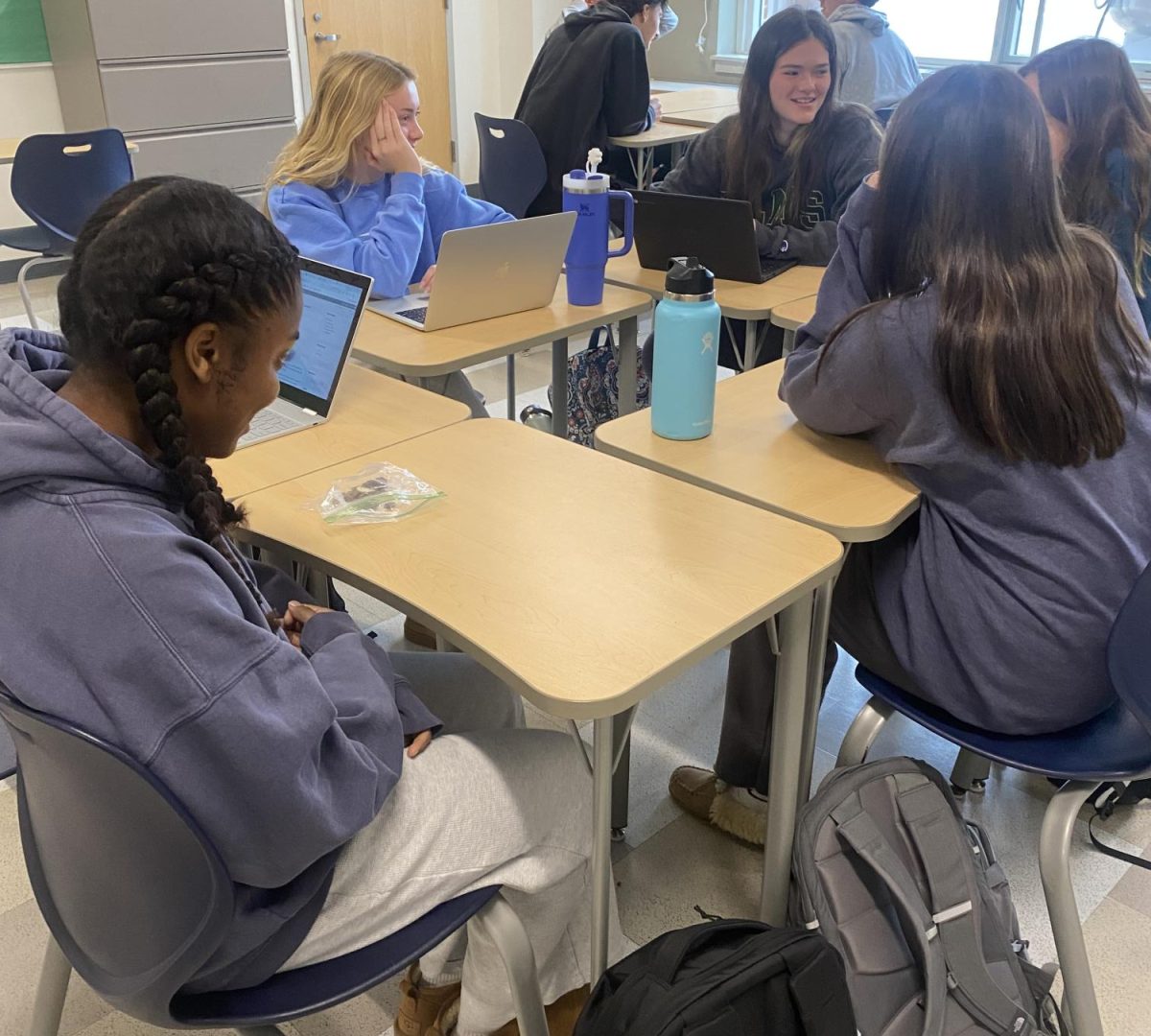Students at Sutton High are constantly being shamed and put down for their relationship with their phones by their teachers and other adults in their lives, the “Digital Detox” being a clear extension of this. The question is are these stereotypes of us “Gen-Zers” being addicted to our phones fair?
Or, rather, is the blame really on us?
Growing up in our generation, where social media is the new shiny toy and improved phones are being released every year, it is hard to stay away from technology. From a young age, we were given iPads, iPhones, and Xboxes to fill our days and keep us out of trouble. In elementary school, we took computer classes and watched our teachers explain topics on smart boards. When we reached middle and high school, we were sent home during COVID and put in front of computers for six hours at a time. During our hybrid days, we did the entirety of our assignments on laptops and phones. Today, we do nearly all of our homework online, spend half of our classes in front of Kahoot and Google Classroom, and use grant money to support our E-sports team, which works around computers and video games.
Now, schools have decided that our technology addictions have gotten out of hand and that we need to make some serious personal changes. If you look at the timeline of our lives, however, which many seem to have forgotten, it is clear that our problems with technology are not entirely our fault. It is the adults and teachers in our lives that have taught us to rely on our devices.
Of course, not all the blame can be placed upon the adults because teens still have the responsibility to make changes in our habits. However, placing a phone ban that only applies to students is a way of disregarding the school system’s part in the problem completely.
It seems the cell phone ban does not apply to teachers. I have witnessed several teachers on their devices during free periods in the past week, the very same teachers who are enforcing the ban on our phones. These are examples which contradict the rules set students during these two weeks.
The non-participating teachers are not the only hole in our two weeks without phones. There is also the issue of opting out of the program. The only exceptions to the ban are students who require their phones for health reasons, which requires explaining your health problems to a teacher, nurse, or adult at the school whom you might not feel comfortable with. Now, there are several rights you give up as a member of a school in order to provide a safe learning environment for kids, but a line should be drawn at this serious invasion of privacy.

While for certain types of health problems, it is very important for your safety and others that the nurses are aware, there are still issues with the system from a student’s point of view. The phone ban puts these private medical problems into the spotlight for other students to see, and they do not need to know about their peer’s diagnoses. A student with such health problems may not feel comfortable with all of their classmates knowing private medical information, and they have every right to keep it private when it is not a safety concern. As many can imagine, it is already difficult for these kids to deal with these extra burdens without having to worry about being the odd one out using their phone. While yes, there are solutions to bringing your phone out in front of people, such as going to the bathroom or another private area, this only makes these students put in more effort to monitor crucial things such as their blood sugar. It seems the system will only make these kids uncomfortable in these situations and make their days more difficult.
Another medical issue that doesn’t seem to qualify for an exception from the ban, or even being considered in these situations, is anxiety. Anxiety can be a small issue for some students, but is a much bigger more serious problem for others. Where pressure is high and everyone is fighting to fit in, anxiety is present just about everywhere, and that includes school. For many kids, their phones are almost a safety net for them to fall back on, whether it is by using an app to calm them down or communicating with someone they trust. The ban keeps students from staying in contact with parents, guardians, or friends who may provide a sense of comfort and safety. The school system is supposed to be providing a safe environment for learning, where students feel secure in their surroundings. By taking away our main communication system, many kid’s days will be disrupted in a way that affects their comfort at school.
Instead of taking away the systems that make many kids feel safe, why not cut down the amount of computer usage in classrooms? There are countless other options than making kids play online educational games and fill-in sheets on Google Docs. The amount of time we spend on our Chromebooks or phones during the school day is arguably more than we spend on our phones during free periods. Having no Chromebook days would be a lot more effective and better for the students.
Instead of making online flashcards or reading textbooks on computers, we could take a break from the screens and do physical things. Like the claim that students are always on their phones, you could make the argument that teachers have begun to rely solely on their online websites. If we are working towards cutting down our screen time during the day perhaps it would be better to look towards these areas of device use.
However, based on my conversations with teachers and Mr. McCarthy, they have no intentions of cutting down the usage of these devices. It seems naming it a “Digital Detox” is more of a move to make the system seem better and more general than just calling it a “Phone Ban” meant to fix students’ relationship with social media. The school should be calling it for what it is and not use such terms that don’t relate to what they are doing at all. A digital detox would be completely cutting out devices, not just private phones.

With all of these cons of having a phone ban, there are some pros such as getting away from social media, having more real conversations, and learning how to step away from our phones. However, it the cons outweigh the pros, and we should look for better ways to cut down our time on social media than systems like these that make many uncomfortable at school.












































